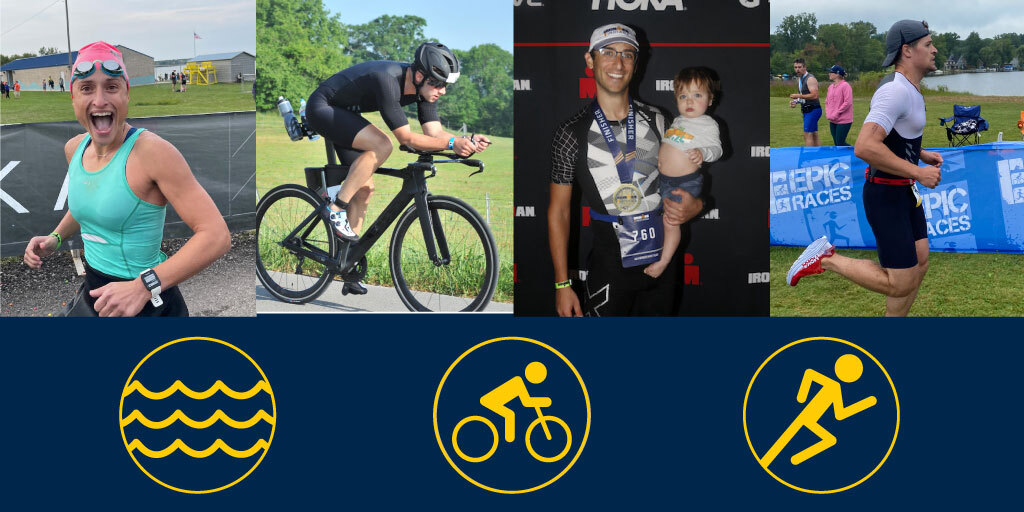
If there's an ideal time to train for and compete in an Ironman triathlon, during a surgical residency program might not top the list. And yet, four general surgery residents did just that this fall.
Tyler Bauer, M.D. (PGY2) completed Ironman Wisconsin. Ryan Eton, M.D. and Alisha Lussiez, M.D. (both PGY5) completed Ironman Indiana, and Cody Mullens, M.D., M.P.H. (PGY1), completed the half Ironman distance in Frankfort, Michigan—and placed so well he was invited to compete in the Half Ironman World Championships. The full Ironman consists of a 2.4-mile swim, a 112-mile bike and a 26.2-mile run. The half Ironman shortens the distances, but participants often increase the intensity.
The four residents share some thoughts on what it took to train for the grueling event, and the common threads between surgical training and triathlon training.
Tyler Bauer, M.D.
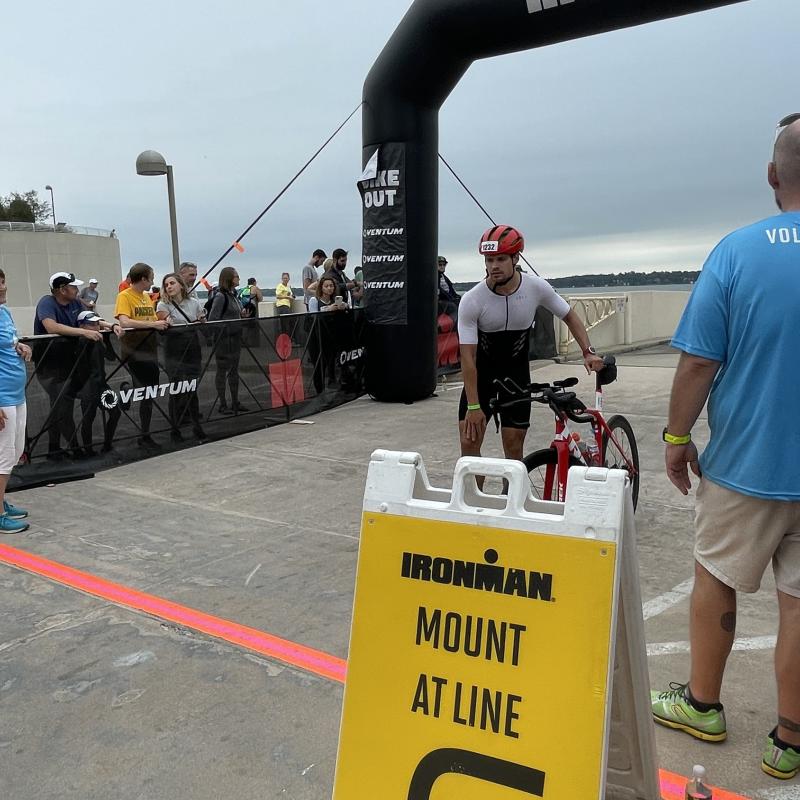
One discipline provides clarity for another
"Training for triathlon allows me to be present for the time that I am working in the hospital, and vice-versa. I have always been active, and I don’t function best in work, school or my social life if I don’t have some physical activity to look forward to at the end (or beginning) of most days."
"Working at the hospital provides constraints to my triathlon training, which helps me approach it with a more lighthearted attitude and keeps me grounded in realizing that triathlon is a hobby that I choose to compete in for fun."
How to get through those rough patches
"The most helpful mental trick that I have for getting through tough spots in a race, workout, or really anything is to break a task down into achievable goals. Getting off the bike after almost seven and half hours of exercise and realizing that you still have a marathon to run can be overwhelming."
"I think a lot of people get through this mental mountain by taking the marathon one mile at a time and try to keep the totality of the race out of mind. After all, you can't run mile 13 when you are still biking, so there is no point in worrying about it, right? This has helped me in clinical activities, such as managing tasks as they pile up on a busy shift."
More connection through training
"One side benefit that I have found from endurance sports is that I have been able to connect with the geographic place that I am living in a bit more because I spend more time outside exploring on my bike or running. I am someone who likes nature, and the time that I spend exercising is my time to be outside and connect with the place that I am living in."
Ryan Eton, M.D.
Challenge sought, challenge accepted
"I did my first triathlon in the sprint distance when I was 18. At the time, I was looking for a replacement for high school athletics, and I liked the variety. This summer, I needed a new and exciting challenge, and the Ironman seemed like the perfect example of something beyond the edge of my perceived ability to achieve."
No shortcuts in triathlon or surgery
"There are so many parallels between the two. Surgery residency certainly instilled me with the grit necessary to make it through an Ironman. Self-doubt is another parallel — whether that is having the confidence to finish the race or complete residency. The Ironman experience convinced me that with consistent and concerted training, you will position yourself to succeed even beyond your expectations. I suppose this is why experienced surgeons advise trainees to 'trust the process.' In both disciplines, there are no shortcuts."
Just keep swimming...and biking, and running, and operating
"140.6 miles is a long distance, and it makes for a long day. The best advice I received was from my co-resident Alisha: 'No matter your speed, just keep moving forward.' I didn’t feel bad about walking the last five miles of the marathon; instead, I celebrated the fact that I was progressing to the finish. In the OR, no matter how tedious the operation, it is similarly important to always have the goal to keep moving forward. That, and also strategically timing bathroom breaks and refueling."
It takes a village
"Surround yourself with support. Ironman training is a part-time job that includes weekends. There is no way I could have done this without the support of my wife, parents, in-laws, co-residents, coaches, mentors, and friends. Make sure to include them in the celebration of your success. A special shout-out to my parents and son Theo, whose presence at the finish line kept me going."
Alisha Lussiez, M.D.
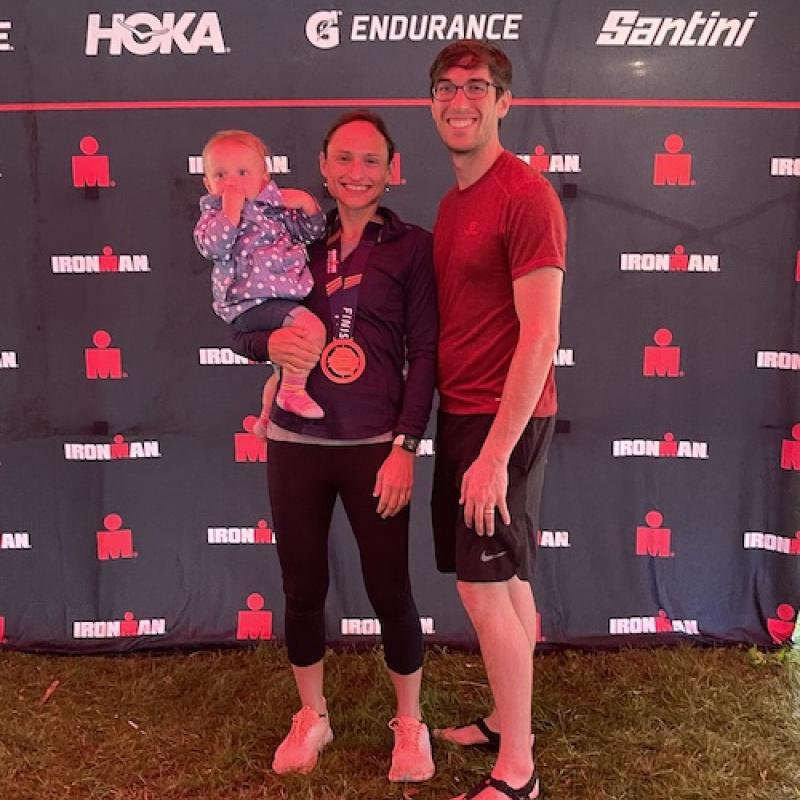
Academic development time means more flexibility
"Doing an Ironman has been on my bucket list for many years, so when the opportunity came up during my non-clinical years I jumped on it!"
"Luckily, during research years, our time is quite flexible, but when I was a clinical resident I prioritized exercise by doing a short workout in the morning before I got to work since you don't always know when you'll get home."
How to balance training and work
"I really liked having a plan to follow for Ironman training, so I knew ahead of time what would be required of me that week. Reading about the theory behind the plan was also really helpful when I had to make adjustments to accommodate my residency schedule."
When the going gets tough, the tough keep moving
"When things get tough I remind myself to just keep making forward progress — in any form. I got that from a friend who does ultra marathons and will definitely be thinking of that during challenging OR cases."
Cody Mullens, M.D., M.P.H.
That escalated quickly! The road to triathlon
"Throughout medical school, I ran eight marathons. After running the Boston Marathon in 2019, I wanted to find a new challenge, and that’s how I found triathlon. I bought a bike and taught myself to swim and figured it out!"
Sacrifices are made—and they’re worth it
"I often read Mulholland and Greenfield’s Surgery while working out on my indoor bike trainer or listen to Behind the Knife podcast episodes while swimming and running. (Yes, underwater headphones are a thing.)"
"I’d be lying if I said I didn’t sacrifice some sleep, not infrequently go on 10 p.m. runs, do 3 a.m. bike trainer sessions and drink more coffee during the bulk of triathlon training. However, because training brings me joy and wellness, the lost extra sleep is well worth it for me. Keeping myself well physically and mentally helps me excel in the hospital as a surgical resident."
Surgery is another endurance sport
"Triathlon and other endurance sports require substantial mental toughness — much more so than they require physical fitness. I have no doubt that the mental toughness and grit I’ve built from marathon and triathlon training translates to some extent during long call days in the hospital or complicated/frustrating cases in the operating room."
Find what keeps you well and chase it
"We all have our own interests and hobbies that keep us well. I would encourage other residents to not lose sight of that thing that keeps them well despite the demands of surgery residency."
##
By Colleen Stone
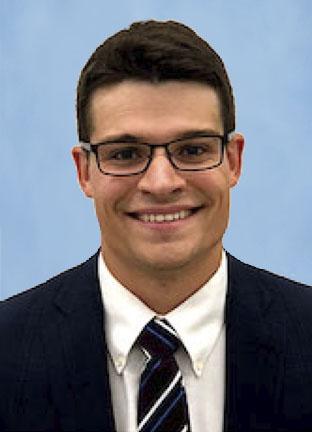
Tyler Bauer, MD
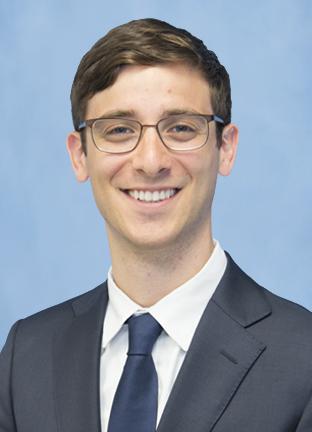
Ryan Eton, MD
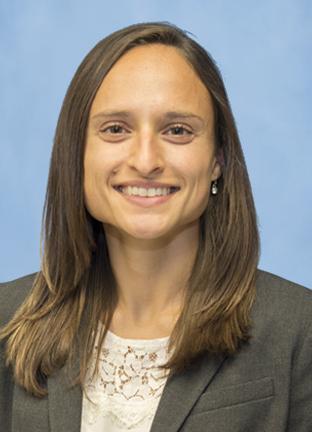
Alisha Lussiez, MD, MS
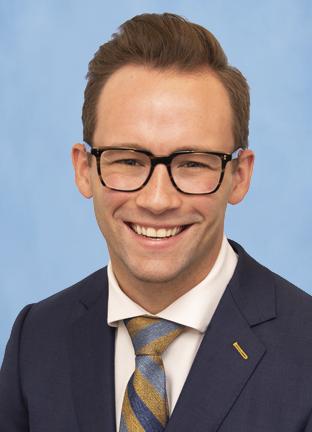
Cody Mullens, MD, MPH
Contact Us
Connect with the Department of Surgery to share your ideas or get in touch.
Department of Surgery
2101 Taubman Center
1500 E. Medical Center Dr.
Ann Arbor, MI 48109
Email: [email protected](link sends e-mail)
Twitter: @UMichSurgery
